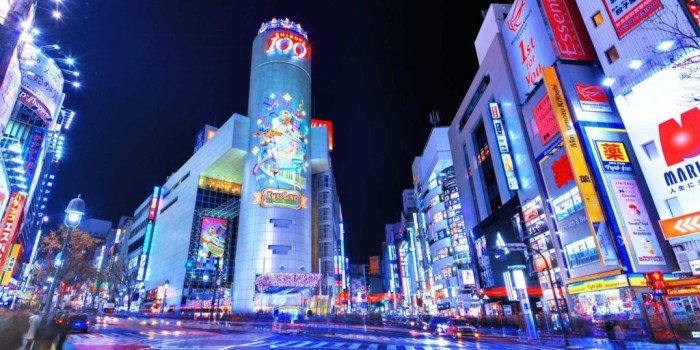I’d love to claim that I saw this coming, but the reality is that I relocated to Japan five years ago for largely personal reasons. It just turned out that once I dived into the nascent entrepreneurial ecosystem here did I realize that I had uncovered the best kept secret for early stage venture investing. Two headline transactions in Japan this week are turning heads, and I’ve seen this film before.
Tokyo in 2016 reminded me in so many ways of Paris in 2001.
Twenty years ago, France was a desolate landscape for startups and venture capital. The only innovation really occurring in France was of the incremental type, often silo’ed inside large incumbent corporations. Entrepreneur is a French word, but paradoxically entrepreneurship was somewhat discouraged back then. Risk Capital was essentially nonexistent. Promising young adults were persuaded by their families and society to enroll in elite institutions of higher education. Subsequently, the fresh graduates were expected to join large established corporations, where they would pursue predictable — and most importantly stable — careers, typically all the way until retirement. The cultural mentality of France was one of risk aversion. Failure was stigmatized.
France, as we all know now, has transformed itself. Today the country boasts over a dozen tech unicorns, the most startups financed in Europe every year, and one of the most flourishing innovation ecosystems in the world. Government programs like the FCPI (tax-incentivized funds for innovation) and the BPI (public investment bank) helped prime the market for risk capital, whereas programs like LaFrenchTech nurtured the ambitions of the talent within the country and showcased it on the global stage. Perhaps most importantly, the French attitude towards entrepreneurship and risk-taking has been transformed.
Japan historically shared much in common with France in terms of cultural values, society expectations, a desire for stability. This is not a judgment nor criticism of such values, just a recognition that such cultural norms could represent headwinds to the behavior necessary to foster new disruptive innovations. As a brilliant acquaintance recently observed, an inherent tension exists between tradition and innovation.
Yet also similar to France, Japan possesses a strong foundation to foster a healthy innovation ecosystem: a well-educated and talented populace, a reliable national healthcare system which provides a minimum safety net, a stable regulatory environment and rule of law, a respect for property rights, a large domestic market, among much more.
This week marked two milestones for Japan’s tech community which suggest to me that Western investors are discovering what I had stumbled upon five years ago.
On Tuesday PayPal announced its acquisition of Paidy, a Japanese buy now, pay later (BNPL) service platform, for $2.7 billion. This transaction represents a watershed moment for Japan tech while at the same time seems inevitable for a firm like Paypal to pursue access to the third largest e-commerce market in the world.
The next day Global private equity firm Carlyle led a $312 million funding round for Japanese biotech unicorn Spiber, a producer of plant-based protein polymers with industrial applications.
True, two jaw-dropping tech transactions in a week do not make headlines in Silicon Valley, but in Japan this is a big deal… and a harbinger of more to come I submit.

